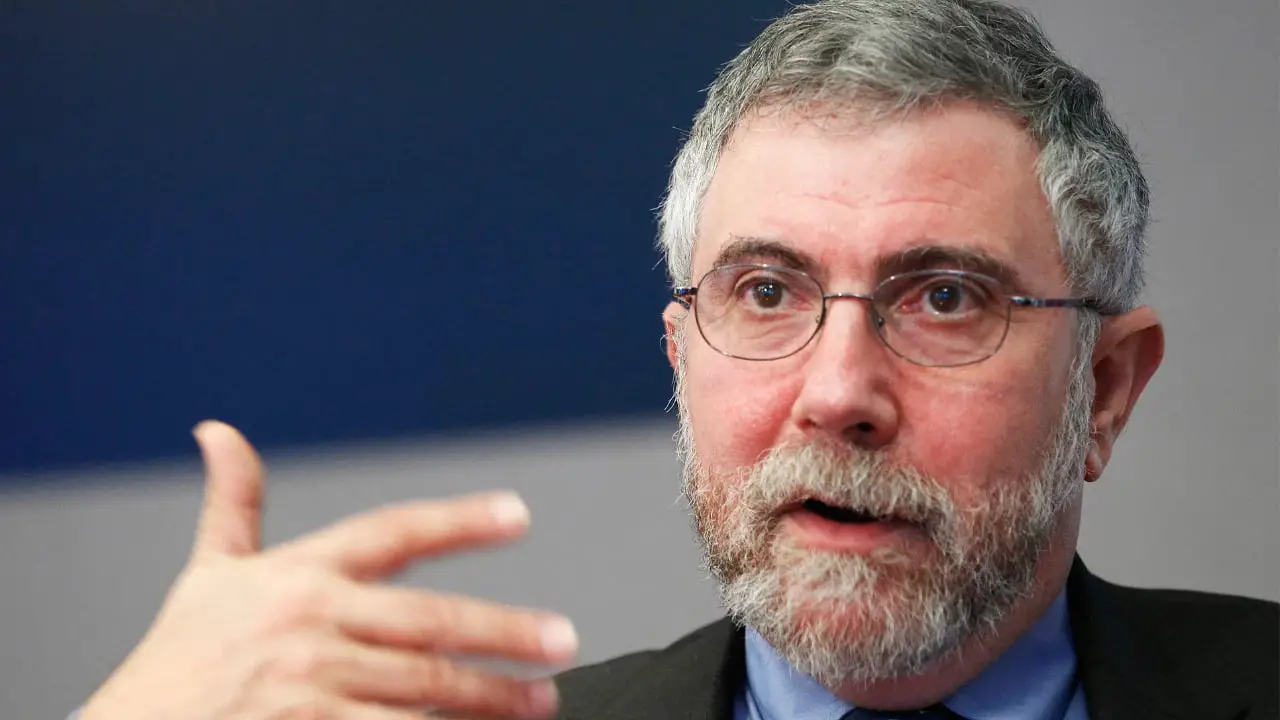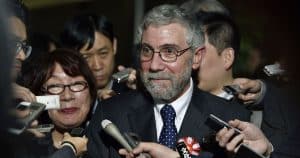Biography
Paul Krugman: A Biography of the Nobel Prize-winning Economist

Paul Krugman is a renowned economist who is credited with revolutionizing modern ways of thinking about international trade and domestic industry economics. He is considered one of the world’s most influential economists and has redefined existing theories of international trade. Krugman was awarded the Nobel Memorial Prize in Economic Sciences in 2008 for his analysis of trade patterns and location of economic activity.
Age, Marriage, Career Net worth And More…

Paul Krugman
He was born on February 28, 1953, in Albany, New York. He is an American economist who is the Distinguished Professor of Economics at the Graduate Center of the City University of New York and a columnist for The New York Times. Krugman is also known for his work on economic geography, financial crises, and exchange rate movements.
Krugman has authored or edited 27 books, including scholarly works, textbooks, and books for a more general audience, and has published over 200 scholarly articles in professional journals and edited volumes. He has also written several hundred columns on economic and political issues for The New York Times, Fortune and Slate.
Paul Krugman is known for his work on economic geography, financial crises, and exchange rate movements. He has written extensively on international economics, including international trade, economic geography, and international finance. Through the integration of economies of scale into general equilibrium models, Krugman furthered understanding of both the determinants of trade and the location of production in an increasingly globalized post- World War II economy. His research findings explained how the consumer’s desire for variety and choice enabled countries to achieve the economies of scale required for profitable trade in similar products. This led to later research on the “new economic geography,” which explained the location of jobs and businesses and the reason there was acceleration in the pace of urbanization and a population decline in rural areas.
He has authored or edited 27 books, including scholarly works, textbooks, and books for a more general audience, and has published over 200 scholarly articles in professional journals and edited volumes. Among his writings were regular magazine columns in Slate (1996–99) and Fortune (1997–99), and from 1999 he was an op-ed columnist for The New York Times. His books included the essay collection The Great Unraveling: Losing Our Way in the New Century (2003), which criticized the administration of Pres. George W. Bush; economics textbooks such as Microeconomics (2004) and Macroeconomics (2005); and nonacademic works such as The Return of Depression Economics (1999), The Conscience of a Liberal (2007), and Arguing with Zombies: Economics, Politics, and the Fight for a Better Future (2020).





